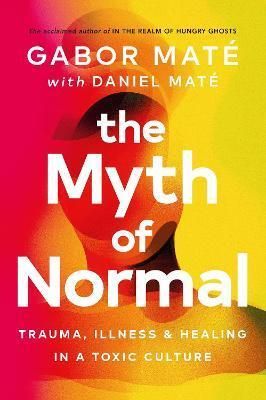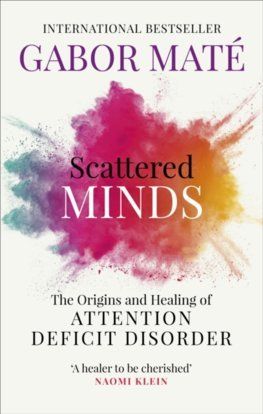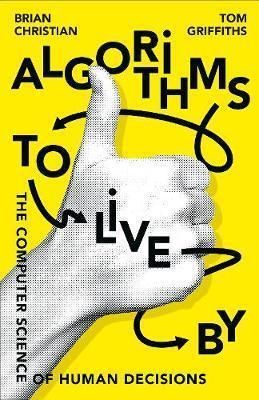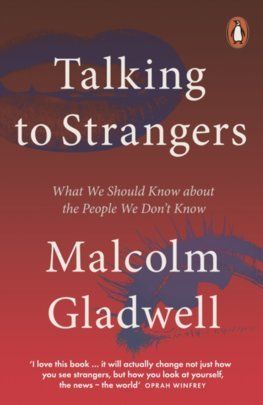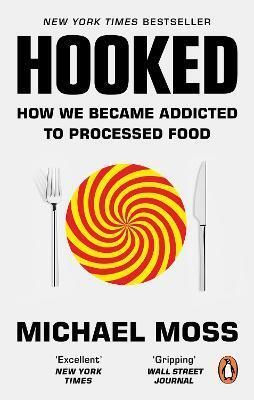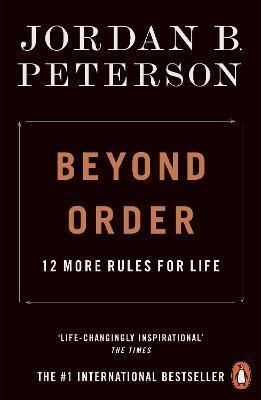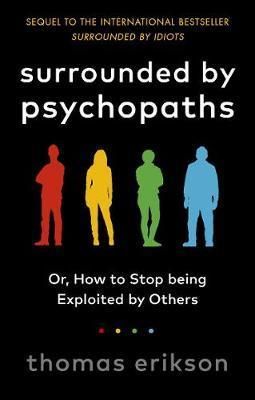- Počet strán: 272
- Väzba: mäkká, brožovaná
- EAN: 9780753554999
- Jazyk: anglický
- Dátum vydania: 13. mája 2021
- Vydavateľstvo : Ebury Publishing
As humans we are at our best - our most creative and effective - when we choose the constraints through which we approach problems. We come up with different 'frames' through which to look at issues and give us new ways to thinking about solving them. As Daniel Kahneman has written, this ability to 'frame' issues is a uniquely human skill - it may be a crucial skill that has made humans so successful as a species -- and one that we do instinctively. But we can learn to do it better.
Focusing on and improving our ability to frame is all the more critical in an age of artificial intelligence, machine learning, and big data. When we overvalue the role of machine intelligence, we are at risk of forfeiting the essential elements of human progress. Causality, counterfactuals and constraints are the basis of framing. Framers start with causality , making mental models of cause and effect, and then apply counterfactual 'what if's of problem solving. Counterfactuals allow for imagination, but only within limits - constraints - based on how the world really works. From Copernicus to the Wright Brothers to the discovery of biomarkers for PTSD, Framers builds upon surprising and insightful examples of these three factors at work. It goes on to show how we can choose the best frames and can switch between them or improve upon them as the situation demands. The better we are at doing so, the more certain we can be that control over the most important decisions will remain in the hands of people rather than machines.
Framers will change how you think about human potential, the power of machines, the future of diversity and human creativity.
Focusing on and improving our ability to frame is all the more critical in an age of artificial intelligence, machine learning, and big data. When we overvalue the role of machine intelligence, we are at risk of forfeiting the essential elements of human progress. Causality, counterfactuals and constraints are the basis of framing. Framers start with causality , making mental models of cause and effect, and then apply counterfactual 'what if's of problem solving. Counterfactuals allow for imagination, but only within limits - constraints - based on how the world really works. From Copernicus to the Wright Brothers to the discovery of biomarkers for PTSD, Framers builds upon surprising and insightful examples of these three factors at work. It goes on to show how we can choose the best frames and can switch between them or improve upon them as the situation demands. The better we are at doing so, the more certain we can be that control over the most important decisions will remain in the hands of people rather than machines.
Framers will change how you think about human potential, the power of machines, the future of diversity and human creativity.
- Počet strán: 272
- Väzba: mäkká, brožovaná
- EAN: 9780753554999
- Jazyk: anglický
- Dátum vydania: 13. mája 2021
- Vydavateľstvo : Ebury Publishing
As humans we are at our best - our most creative and effective - when we choose the constraints through which we approach problems. We come up with different 'frames' through which to look at issues and give us new ways to thinking about solving them. As Daniel Kahneman has written, this ability to 'frame' issues is a uniquely human skill - it may be a crucial skill that has made humans so successful as a species -- and one that we do instinctively. But we can learn to do it better.
Focusing on and improving our ability to frame is all the more critical in an age of artificial intelligence, machine learning, and big data. When we overvalue the role of machine intelligence, we are at risk of forfeiting the essential elements of human progress. Causality, counterfactuals and constraints are the basis of framing. Framers start with causality , making mental models of cause and effect, and then apply counterfactual 'what if's of problem solving. Counterfactuals allow for imagination, but only within limits - constraints - based on how the world really works. From Copernicus to the Wright Brothers to the discovery of biomarkers for PTSD, Framers builds upon surprising and insightful examples of these three factors at work. It goes on to show how we can choose the best frames and can switch between them or improve upon them as the situation demands. The better we are at doing so, the more certain we can be that control over the most important decisions will remain in the hands of people rather than machines.
Framers will change how you think about human potential, the power of machines, the future of diversity and human creativity.

205 293 kníh na sklade ihneď k odoslaniu

Poštovné zadarmo pre nákupy od 20€

Rezervácie v 61 kníhkupectvách







